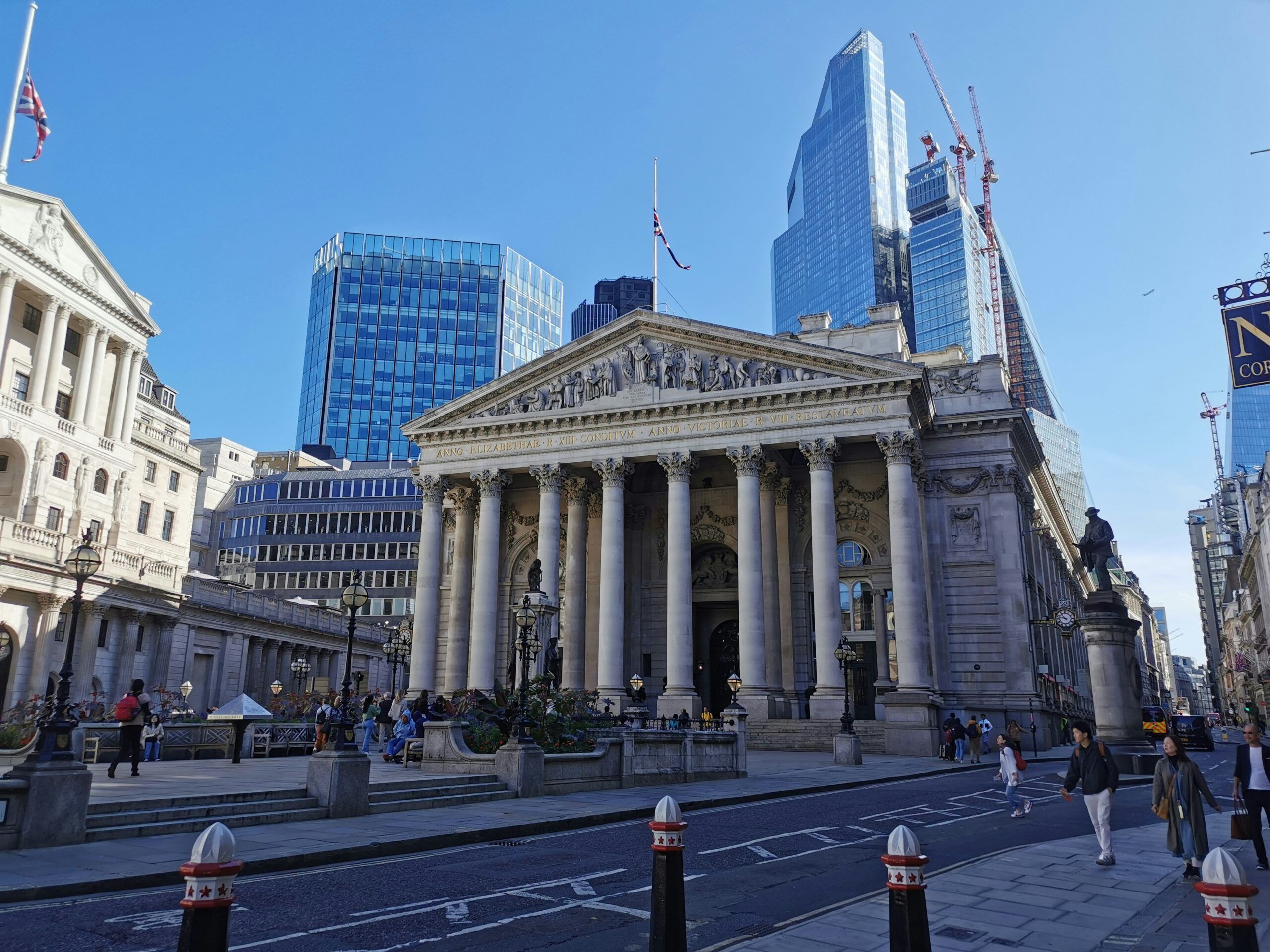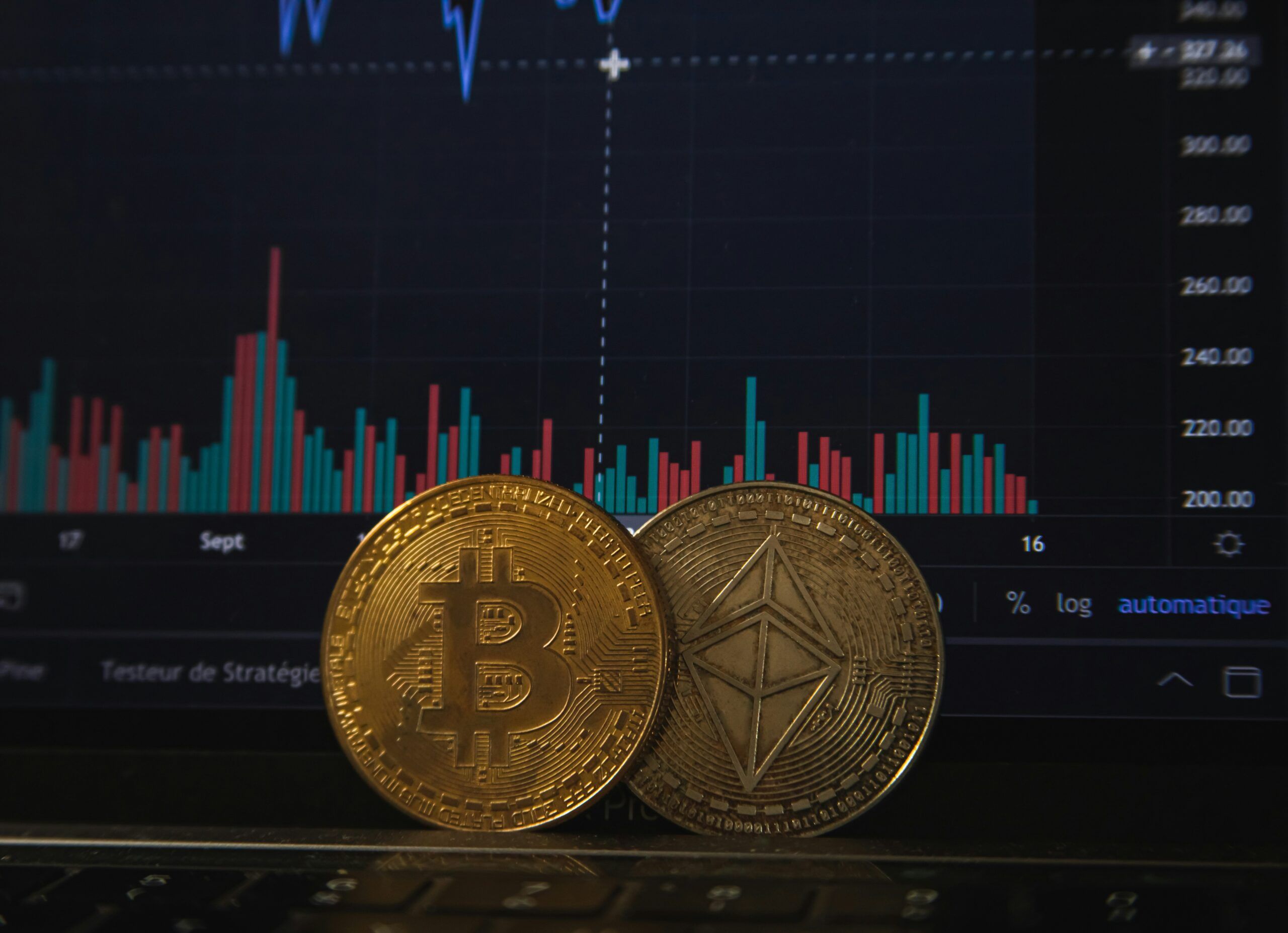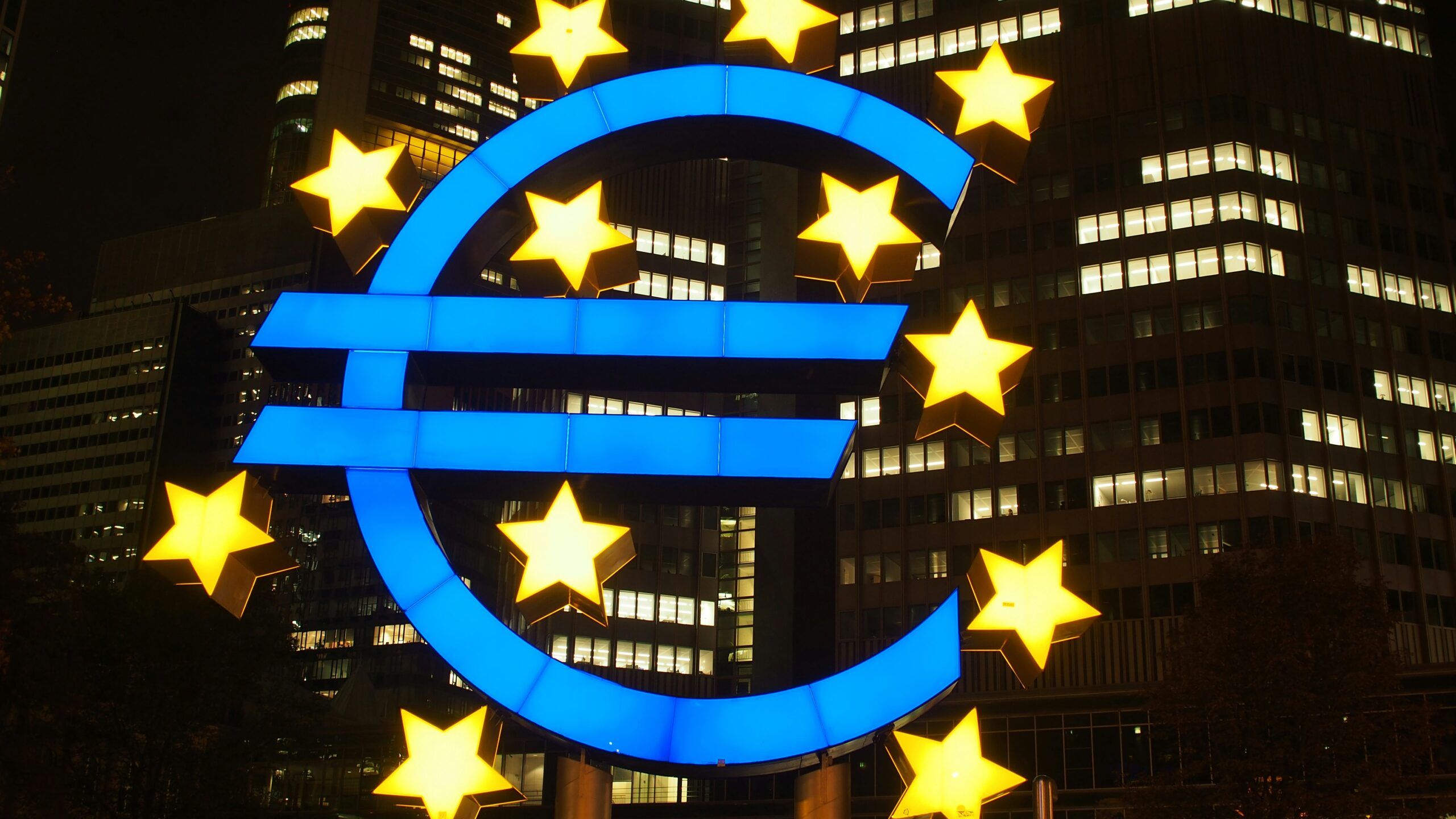Swiss National Bank Cuts Interest Rates to Zero
On Thursday 19th June, the SNB (Swiss National Bank) announced their benchmark interest rate was being cut by 25 basis points to zero and is now standing very close to a negative interest rate for the first time since 2022. However, the SNB has not ruled out moving the interest rate into negative territory and the Chairman, Martin Schlegel, stressed that such a move would be subject to great deliberation. The current decision has confirmed that the interest rate is the lowest against their global counterparts.
Chairman Schlegel in a radio interview said, “We are aware that negative interest rates are a challenge for many of our stakeholders in the economy. Negative rates also have negative side effects for savers, bankers, pension funds, and so on – we are very aware of that. If we were to lower rates into negative territory, then the hurdles would certainly be higher than with a normal rate cut in positive territory. When questioned about a rate cut at the next meeting on Thursday 25th September 2025, Chairman Schlegel sat on the fence stressing that officials will weigh data and forecasts at that time.
The cut in interest rates by a ¼ of 1% is the sixth consecutive cut by the SNB forced on the bank by the current strength of Swiss Franc which has caused consumer prices to drop for the first time in four years. President Schlegel was quoted as saying, “the SNB is attempting to counter lower inflationary pressure” and went on to stress “We will continue to monitor the situation closely and adjust our monetary policy if necessary. The SNB had indicated back in March of this year that monetary easing was probably finished, but the currency’s role as a safe haven from global economic turmoil forced their hand, and they have hinted that more cuts may be necessary to stop inflows of the Swiss Franc.
Once again President Trump and his tariff policy which has disrupted global trade underscores the impact it has had on Switzerland. Dramatic shifts in policy by the current administration in the United States has certainly deeply worried investors with the result the Swiss Franc has risen to its highest level against the US Dollar, whilst in Q1 of this year inflation was driven below zero for the first time since March 2021. Another option to control the Swiss Franc is intervention in the foreign exchange markets, but this brings political pressure as Donal Trump has already accused Switzerland of being currency manipulators, a statement vehemently denied by Chairman Schlegel.
There is disagreement within the financial markets with some experts suggesting that unless the situation drastically changes between now and September that the current decision to cut interest rates to zero paves the way for a further cut in September pushing interest rates into negative territory. However, countering this argument other experts have said that unless higher tariffs cause a significant downturn in the Swiss economy the SNB were likely to hold at 0.00%. Current bets on another rate cut have been factored in by money markets at 57%. However, Switzerland’s two-year bond yield, which is highly rate sensitive, remains in negative territory, is a sign that financial markets still anticipate a September cut.










